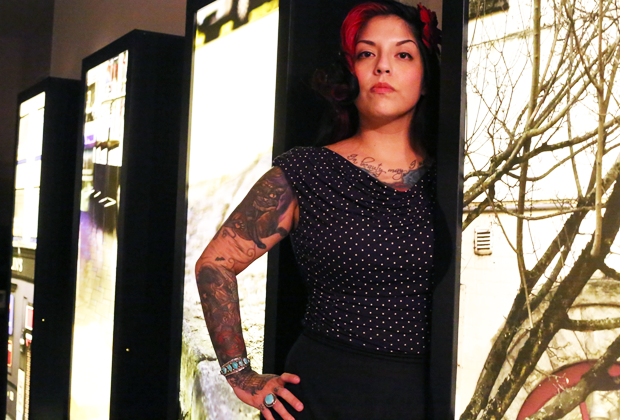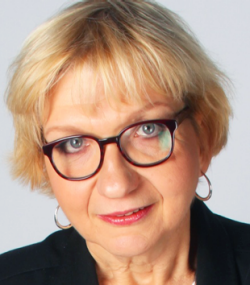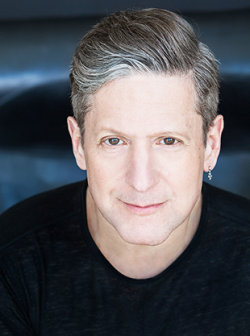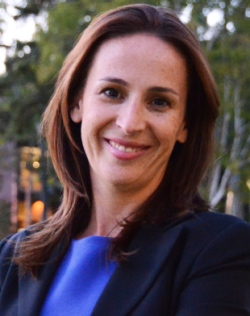“What will emerge from this discussion is the intangible quality that is leadership,” said Chodan. “It's not a set of actions or a prescription for how to be a leader, but an attitude. It's an agile approach; positivity and an openness. The fact that the next generation of leaders are digital natives will give them a head start. They are used to being disrupted, to things changing quickly.”
Andy Nulman is responsible for transforming the Just for Laughs comedy festival into the international juggernaut that it is today. He sees the proliferation of information as a boon for innovators.
“There is cheap and easy access to a massive amount of quality information and online courses,” says Nulman. “Better [informational] input creates better leaders.”
 Cherry Smiley: “I was very fortunate to be mentored by powerful Indigenous women activists.”
Cherry Smiley: “I was very fortunate to be mentored by powerful Indigenous women activists.”
 Lucinda Chodan
Lucinda Chodan
 Andy Nulman
Andy Nulman
 Désirée McGraw
Désirée McGraw


